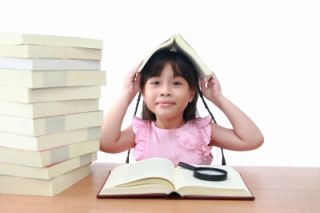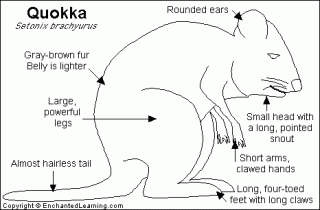Sleep
Children Are Know-It-Alls
Why young children seem to often think they know better than their parents
Posted May 23, 2013
Do you ever get the feeling that young children should be much more respectful of how knowledgeable you, an adult, are about the way the world works? Given that most parents have been on the Earth at least 20, or 30, or even 40 years longer than their preschool-age children, what in the world could possibly make your 3-year-old child question anything you say, not to mention your pronouncement that “it’s bedtime?” Certainly, given the enormously greater experience you have with evenings and beds, and time, and clocks, and children, and just about everything else, what makes them think that they know better about this matter?

Children are constantly acting as if they know more than we do. “Carrots are delicious,” you say. “They’re gross!” they respond. “This museum is full of beautiful artwork.” “I’m bored,” he complains. These admittedly are examples of instances in which you and your child have different opinions on things. Even though we adults know perfectly well that carrots are objectively good and museums are objectively interesting, we can concede that children are simply expressing different opinions on subjective matters.
But what about when something is clearly factual and children still challenge us? Has that ever happened to you—parents, teachers, aunts and uncles, grandparents? Have you ever experienced that instance in which a child clearly thinks he knows more about something than you do? These instances arise often in our lab and indeed we find them baffling.
Here’s what we think is going on: there are various domains in which children admittedly have a lot of experience. Domains that come to mind are: storybooks, television, toys, dinosaurs, food, and animals, to name a few. In our lab we invite children to read storybooks with us. Then we ask them whether the events in the books could actually happen. Across a number of studies, the majority of the kids we test claim that events in storybooks, like a boy hiking with his grandfather, or a girl going to school, could never happen. We introduce them to novel animals, rare ones they’ve never heard of, like quokkas or civets. We ask whether they think they’re real or pretend, and again, across a range of studies, they insist that they’re not real. Why? Because they’ve “never seen one” or “never heard of one!” Really? In their measly four years of existence, they expect to have seen or heard of all the animals in the world?

What we conclude from this research is that young children often overestimate their knowledge and thus become unreceptive to the possibility of new events, new animals, new food preferences, etc. As children get older, their metacognitive abilities increase and they become more capable of understanding when they lack knowledge and when they might be better off seeking information from their elders. So there’s hope for the day when your child actually asks you how many hours of sleep she needs that night or what kind of vegetables she should eat. Just don’t hold your breath.


